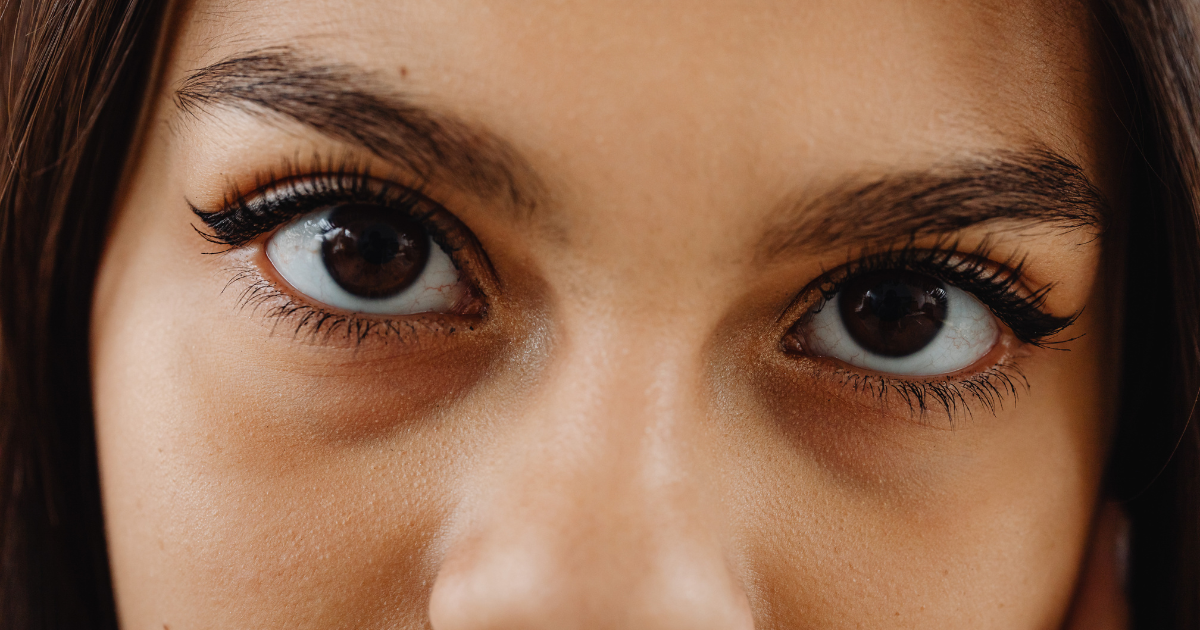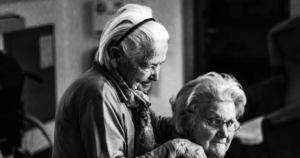Love is a universal emotion, but it looks different through the eyes of each individual. How we experience and express love is shaped by our personalities, life experiences, and cultural backgrounds. For some, love is a grand, passionate force that sweeps them off their feet, while for others, it is a quiet, consistent presence that offers comfort and stability. Love can take on many forms, from romantic relationships to deep friendships and familial bonds, and each individual interprets it in their own unique way.
In this article, we will explore how different people perceive and experience love, focusing on how personal, emotional, and cultural factors shape these diverse perspectives.
- Introduction
- The subjective nature of love.
- How love looks different to each individual.
2. Romantic Love: Passion and Commitment
- How different individuals define and experience romantic love.
- The influence of personality and emotional needs on romantic relationships.
3. Familial Love: Unconditional Bonds
- The varying perspectives on family love.
- How upbringing and family dynamics shape our understanding of familial love.
4. Platonic Love: Friendship and Support
- Different ways people experience love in friendships.
- The importance of emotional connection and loyalty in platonic relationships.
5. Self-Love: A Personal Journey
- How self-love manifests differently for individuals.
- The impact of self-love on overall well-being and relationships with others.
6. Cultural Influences on Love’s Expression
- How cultural background shapes individual interpretations of love.
- Examples of love’s manifestation in different cultural contexts.
7. Final Thought
- The importance of understanding that love looks different through each person’s eyes.
- How appreciating diverse expressions of love can deepen relationships.
1. Introduction: The Subjective Nature of Love
Love is one of the most powerful emotions humans experience, yet it is profoundly subjective. Each individual sees love through their own lens, shaped by their personality, emotional needs, and cultural background. What one person views as a passionate romance, another may see as a deep emotional bond without grand gestures. The way we experience love reflects who we are as individuals, and it is essential to understand these differences in order to build strong, healthy relationships.
2. Romantic Love: Passion and Commitment
How Different Individuals Define and Experience Romantic Love
Romantic love can look dramatically different from one person to another. For some, romantic love is synonymous with passion and intense attraction, while for others, it is more about commitment, emotional intimacy, and shared life goals. Personality plays a key role in how people view romantic love — some thrive on excitement and spontaneity, while others prioritize stability and emotional connection.
- Example: An extroverted individual may express romantic love through grand gestures like planning elaborate dates, while an introverted partner may show love through quiet acts of kindness and consistent support.
The Influence of Personality and Emotional Needs on Romantic Relationships
Each person’s emotional needs influence how they experience and express love. Someone who values security and loyalty might place more emphasis on commitment, while someone who craves excitement might be drawn to the thrill of new experiences with their partner. Understanding these differences can help couples navigate their relationships and ensure that both partners feel loved in the ways that matter most to them.
3. Familial Love: Unconditional Bonds
The Varying Perspectives on Family Love
Familial love is often seen as unconditional, but the way people express and experience it can differ greatly. Some individuals feel close to their family through daily acts of care and support, while others may express love more through words of affirmation and emotional connection. Family dynamics, upbringing, and cultural expectations all shape how love is experienced within a family unit.
- Example: In some families, love is shown through acts of service, such as preparing meals or providing for the family’s needs, while in others, verbal expressions of love and emotional support are more common.
How Upbringing and Family Dynamics Shape Our Understanding of Familial Love
The way we experience familial love is often influenced by our childhood and the relationships we observe within our families. Children raised in supportive, emotionally expressive families may grow up valuing open communication and affection, while those raised in more reserved households might express love through actions rather than words. These early experiences shape how we show love to our own families later in life.
4. Platonic Love: Friendship and Support
Different Ways People Experience Love in Friendships
Friendships provide a different type of love, one that is based on mutual respect, shared experiences, and emotional support. While some people maintain a close circle of friends with whom they share everything, others may have a broader social network but prefer to keep their deepest feelings private. The way love is expressed in friendships can range from frequent emotional check-ins to acts of loyalty and dependability.
- Example: A friend who values emotional connection may regularly express their love through heartfelt conversations, while another friend might show love through offering help in times of need or simply being a reliable presence.
The Importance of Emotional Connection and Loyalty in Platonic Relationships
While romantic love often gets the spotlight, platonic love is equally important for emotional well-being. Friendships provide a safe space for people to express themselves without the pressure of romantic or familial expectations. Loyalty, trust, and a sense of companionship are key elements that make platonic love unique and fulfilling.
5. Self-Love: A Personal Journey
How Self-Love Manifests Differently for Individuals
Self-love is a deeply personal journey that can manifest in various ways. For some, it may involve setting boundaries, practicing self-care, or engaging in activities that bring joy and fulfillment. For others, self-love might be about overcoming self-doubt and learning to accept themselves as they are. The way people practice self-love depends on their individual needs, past experiences, and personal growth.
- Example: One person might practice self-love by taking time for rest and reflection, while another may prioritize self-improvement and goal-setting as a way to build self-esteem.
The Impact of Self-Love on Overall Well-Being and Relationships with Others
Self-love plays a crucial role in our relationships with others. When we love and accept ourselves, we are better equipped to form healthy, fulfilling relationships. People who practice self-love are often more confident, more resilient in the face of challenges, and more capable of giving and receiving love from others.
6. Cultural Influences on Love’s Expression
How Cultural Background Shapes Individual Interpretations of Love
Culture is one of the most significant factors influencing how people express and interpret love. In some cultures, love is expressed openly and verbally, while in others, it is shown through actions and quiet support. Understanding cultural differences in love can help people navigate relationships across cultural boundaries and appreciate the diversity of love’s expression.
- Example: In many Western cultures, love is often expressed through public displays of affection, while in some Asian cultures, love may be demonstrated through acts of service or providing for one’s family.
7. Conclusion: The Importance of Understanding That Love Looks Different Through Each Person’s Eyes
Love is a deeply personal experience that varies from one individual to another. By understanding how different people perceive and express love, we can build more meaningful and fulfilling relationships. Whether through romantic gestures, familial support, or deep friendship bonds, love looks different to everyone, and appreciating these differences enriches our lives and connections with others.




